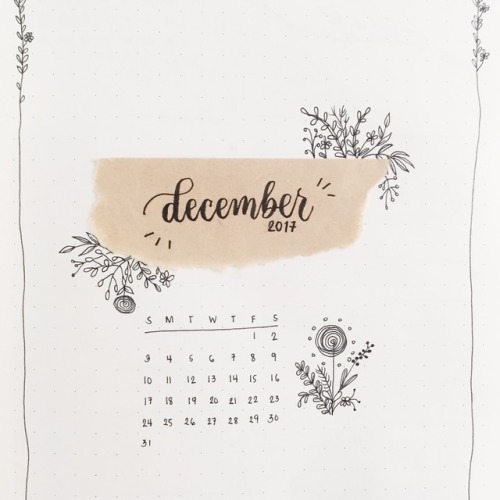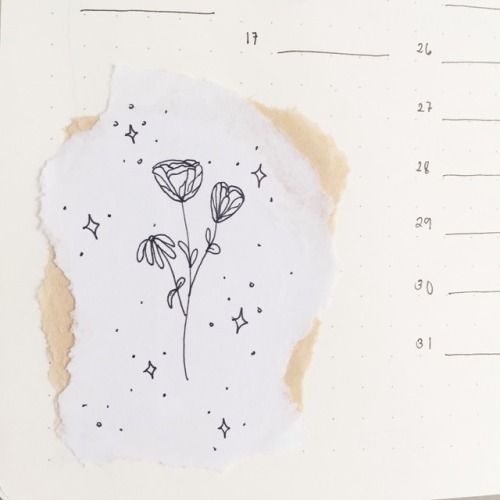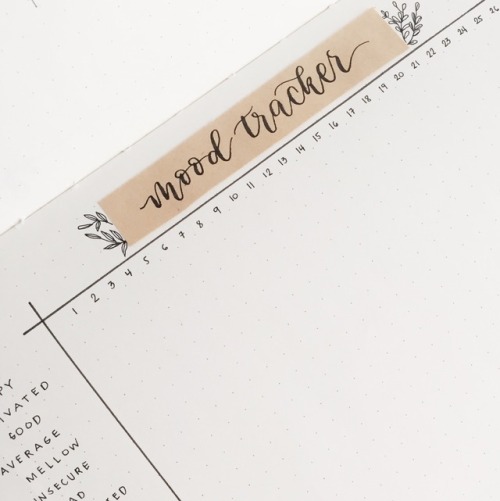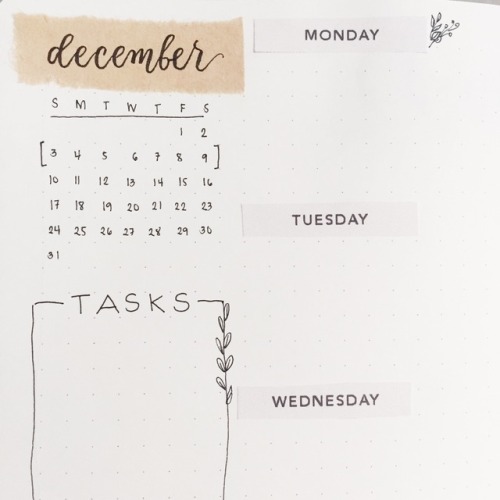Who Is SHE?
Who is SHE?
→ journal out who you want to be in 2025:

1. What does she look like? (Physical appearance, style)
2. How does she dress on a typical day?
3. What does she like ?
4. What doesn't she like?
5. What is her behavior like in different situations?
6. (Social interactions, demeanor)
7. How does she prefer to be treated by others? (Expectations from relationships)
8. How does she treat people around her? (Interpersonal relationships, kindness)
9. What does her daily routine entail? (Activities, schedule)
10. At what time does she usually go to bed? (Sleeping habits)
11. When does she wake up in the morning? (Morning routine)
12. What are her hobbies and interests? (Leisure activities)
13. What is her profession or occupation? (Career, job responsibilities)
14. What are her long-term goals and aspirations? (Career ambitions, personal achievements)
15. How does she handle stress or challenges? (Coping mechanisms, problem-solving approach)
16. What type of books does she enjoy? (Cultural preferences)
17. How does she maintain her physical and mental well-being? (Health and self-care routines)
18. Does she have any specific dietary preferences or restrictions? (Food choices)
19. Who are her closest friends, and what are her relationships like with them?(Friendship dynamics)
20. How does she navigate conflicts or disagreements? (Communication style, conflict resolution)
21. What values and principles guide her decision-making? (Personal ethics)
22. How does she spend her leisure time on weekends? (Weekend activities, relaxation methods)
More Posts from Oliviasstudyblrshit and Others
youtube channels to motivate you this semester



♡ abao in tokyo - study with me’s & playlists
♡ advika singh - study & productivity vlogs
♡ allie c. - medical school vlogs
♡ carrot td - study with me’s
♡ celine - study with me’s
♡ deaana - medical school, study with me’s, stationary, etc.
♡ dear mimi - study vlogs
♡ dia - medical student vlogs
♡ dr. rachel southard, do - medical school & residency vlogs & talks
♡ emily feng - medical school vlogs
♡ emilystudying - dental school & study vlogs
♡ emma grace - nursing school vlogs
♡ emmalilyn - study with me’s
♡ ginny - study vlogs
♡ hyobin - medical student vlogs
♡ leighton sanders - nursing vlogs
♡ lucky penny - study with me’s
♡ lunardazes. - uni study vlogs
♡ madi’s nursing journey - nursing school & nursing vlogs
♡ mango oatmilk - study with me’s
♡ maria silva - study & hospital interning vlogs
♡ merve - study with me’s
♡ mishujo - study & productive vlogs
♡ nada - study & productivity vlogs
♡ ray hon - study with me’s
♡ sab yang - medical school & study vlogs
♡ sean study - study with me’s
♡ sierra lyn - nursing vlogs
♡ studymd - study with me’s
♡ study to success - stationary, study with me’s, study hacks, etc.
♡ tani study - study with me’s
♡ yours truly, chloe - study vlogs
♡ yulma - study with me’s

가장 어두운 밤도 끝날 것이다 그리고 태양은 떠오를 것이다 - 빅토르 위고 (Even the darkest night will end and the sun will rise. - Victor Hugo) - ✏️ 𝐕𝐨𝐜𝐚𝐛𝐮𝐥𝐚𝐫𝐲: 1. 가장 (adv): best 2. 어둡다 (adj): dark, gloomy 3. 밤 (n): night, evening 4. 끝나다 (v): end, finish 5. 태양 (n): sun 6. 떠오르다 (v): rise, come up 7. 그리고 (adv): and ✏️ 𝐆𝐫𝐚𝐦𝐦𝐚𝐫: 1. A/V + 은/ㄴ + N = N that A/V ~noun modifier 2. N도 particle = ‘also’ or ‘too’ 3. V + 을/ㄹ 것이다 = will (do something) ~ future tense
-
Kindly Visit My Blog Here
Available Products Here
Available Korean Writing Notebook Here


October 25th 🍒
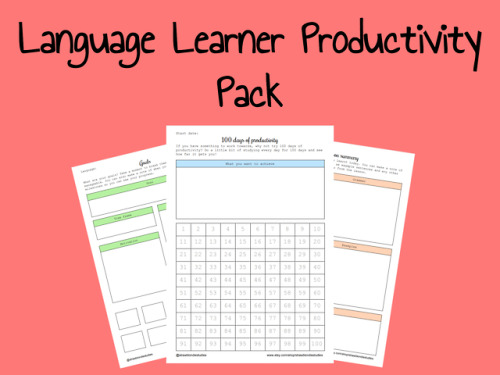
Hello hello language learning friends, I’ve added a pack of 8 productivity pages so you can organise your studies and reach your language learning goals! ✨
Includes goal planner, 100 days of productivity, study checklist, lesson summaries and more! It’s also available in 6 colours, all included in the download!! Head over to my shop to see the full list of pages included and colours available! ✨
What did you learn about people? How might a person who is not studying develop their bullshit-ometer?
“What did you learn about people” is much too broad to answer given how much is covered in a three year bachelors degree. Everything from theories of the self, errors biases and heuristics, attitudes and emotions, theories behind behaviours, social influence, group affiliation, psychological development from childhood to adulthood and its effect, models of personality and individual differences, memory, how we learn, the psychology of choice and decisions, and the genetic/biological/social/environmental factors of all of the above and what happens when it goes wrong and becomes pathology.
In terms of developing a bullshit-ometer, or improving your judgement and understanding of evidence, the key is practice. For a module in my first year we were given a paper every week and a prompt sheet to fill in that effectively helped you tear the paper apart. Prompts included everything from the method and sample size, to the statistical tests used, whether they were used appropriately, and whether all of the assumptions of each test were met, etc. It would take me upwards of two hours to get through a ten page paper, and even then I’d miss things. Three years on, I can skim a paper or article or hear a person’s argument, spot any major red flags, and tear it apart under exam conditions in thirty minutes. It takes a lot of time and work to be able to do it quickly. Having it embedded as a philosophy into everything you’re learning helps as you start doing it unconsciously eventually.
Resources:
Bad Science by Ben Goldacre. To me, an absolutely essential read.
The Art of Statistics by David Spiegelhalter. Spiegelhalter is a statistical genius, and he’s now spending his time trying to change the way statistics is taught, moving it away from learning loads of formulas and then trying to figure out how they relate to evidence, towards the PPDAC (problem, plan, data, analysis, conclusion) model. To understand evidence and pick up the misuse of statistics (aka bullshit) you need at least a basic understand of stats. This book does it perfectly, in plain English, with interesting examples. I wish it had been published when I first started my degree.
I Think You’ll Find It’s A Bit More Complicated Than That by Ben Goldacre. This is a collection of most of Ben Goldacre’s columns which used to appear in The Guardian, in which he takes a claim in the media or a new study and tears it apart. It’s an interesting read, might change your perception on a few things, and is him tackling bullshit in practice.
Reckoning With Risk by Gerd Gigerenzer. There are lots of complex statistics in this (which he signposts and you can just pass over), but understanding how statistics of risk work, and what they mean, will completely change how you read and assess a lot of claims made in the news.
The Students 4 Best Evidence blog. It mainly covers evidence based medicine, but the key concepts transfer to all research and claims outside of medicine. Anything under the bias, critical thinking, intro to evidence-based practice, and statistics topics is relevant. Particularly anything tagged ‘tutorials and fundamentals’. Their Key Concepts Archive is a good place to start.
The Testing Treatments website. Again, covers medicine, but most of the points generalise out. Under each concept, say ‘association is not causation’, there is a ‘find learning resources’ link that will find papers, online courses/modules, and books about that concept.
Cochrane Training. Cochrane are the gods of the systematic review. All their online learning modules surrounding assessing evidence are here.
Think Again: How to Reason and Argue, either the book, or the online course. The perfect crash course in reasoning, arguing, avoiding fallacies, picking apart other people’s arguments, and finding bullshit.
The Clearer Thinking website has a range of tools/mini modules. Relevant ones here:
How well can you tell reality from B.S.?
Interpreting evidence
Belief challenger, making your views more accurate
Guess which experiments replicate
More books.
A Field Guide to Lies and Statistics: A Neuroscientist on How to Make Sense of a Complex World by Daniel Levitin
How To Lie With Statistics by Darrell Huff
Dealing With Executive Dysfunction - A Masterpost
The “getting it done in an unconventional way” method.
The “it’s not cheating to do it the easy way” method.
The “fuck what you’re supposed to do” method.
The “get stuff done while you wait” method.
The “you don’t have to do everything at once” method.
The “it doesn’t have to be permanent to be helpful” method.
The “break the task into smaller steps” method.
The “treat yourself like a pet” method.
The “it doesn’t have to be all or nothing” method.
The “put on a persona” method.
The “act like you’re filming a tutorial” method.
The “you don’t have to do it perfectly” method.
The “wait for a trigger” method.
The “do it for your future self” method.
The “might as well” method.
The “when self discipline doesn’t cut it” method.
The “taking care of yourself to take care of your pet” method.
The “make it easy” method.
The “junebugging” method.
The “just show up” method.
The “accept when you need help” method.
The “make it into a game” method.
The “everything worth doing is worth doing poorly” method.
The “trick yourself” method.
The “break it into even smaller steps” method.
The “let go of should” method.
The “your body is an animal you have to take care of” method.
The “fork theory” method.
The “effectivity over aesthetics” method.

week 40 ; sept. 28 - oct. 4 weekly spread
-
 farexreforged liked this · 2 weeks ago
farexreforged liked this · 2 weeks ago -
 owlinaa liked this · 2 weeks ago
owlinaa liked this · 2 weeks ago -
 mugwortimstupid liked this · 2 weeks ago
mugwortimstupid liked this · 2 weeks ago -
 thesunshinew liked this · 2 weeks ago
thesunshinew liked this · 2 weeks ago -
 academiccris liked this · 2 weeks ago
academiccris liked this · 2 weeks ago -
 oooyellow reblogged this · 2 weeks ago
oooyellow reblogged this · 2 weeks ago -
 alittleperiwinkle liked this · 2 weeks ago
alittleperiwinkle liked this · 2 weeks ago -
 prehearted liked this · 2 weeks ago
prehearted liked this · 2 weeks ago -
 realgothikmagdalene liked this · 2 weeks ago
realgothikmagdalene liked this · 2 weeks ago -
 th3ophobia liked this · 2 weeks ago
th3ophobia liked this · 2 weeks ago -
 gentle-cleansing-balm reblogged this · 2 weeks ago
gentle-cleansing-balm reblogged this · 2 weeks ago -
 the-head-and-the-heart319 liked this · 2 weeks ago
the-head-and-the-heart319 liked this · 2 weeks ago -
 newstartforhealth2 reblogged this · 2 weeks ago
newstartforhealth2 reblogged this · 2 weeks ago -
 fashionis-all-blog liked this · 2 weeks ago
fashionis-all-blog liked this · 2 weeks ago -
 erinisnotonline reblogged this · 2 weeks ago
erinisnotonline reblogged this · 2 weeks ago -
 astrixvii liked this · 2 weeks ago
astrixvii liked this · 2 weeks ago -
 tigerbearlion liked this · 2 weeks ago
tigerbearlion liked this · 2 weeks ago -
 pacatica liked this · 2 weeks ago
pacatica liked this · 2 weeks ago -
 spookibleu liked this · 2 weeks ago
spookibleu liked this · 2 weeks ago -
 megslilpony liked this · 2 weeks ago
megslilpony liked this · 2 weeks ago -
 imsvelte liked this · 2 weeks ago
imsvelte liked this · 2 weeks ago -
 aftussy87 liked this · 2 weeks ago
aftussy87 liked this · 2 weeks ago -
 moonlitdoe liked this · 2 weeks ago
moonlitdoe liked this · 2 weeks ago -
 purplefist reblogged this · 2 weeks ago
purplefist reblogged this · 2 weeks ago -
 purplefist liked this · 2 weeks ago
purplefist liked this · 2 weeks ago -
 l0versonthedancefloor liked this · 2 weeks ago
l0versonthedancefloor liked this · 2 weeks ago -
 gothxmsirxn liked this · 2 weeks ago
gothxmsirxn liked this · 2 weeks ago -
 bpdgutz liked this · 2 weeks ago
bpdgutz liked this · 2 weeks ago -
 natyxal liked this · 2 weeks ago
natyxal liked this · 2 weeks ago -
 djerfmuse liked this · 2 weeks ago
djerfmuse liked this · 2 weeks ago -
 shammmoo0 liked this · 2 weeks ago
shammmoo0 liked this · 2 weeks ago -
 regulustina liked this · 2 weeks ago
regulustina liked this · 2 weeks ago -
 cigs-and-starvation reblogged this · 2 weeks ago
cigs-and-starvation reblogged this · 2 weeks ago -
 ellzjjade liked this · 2 weeks ago
ellzjjade liked this · 2 weeks ago -
 slimeees liked this · 2 weeks ago
slimeees liked this · 2 weeks ago -
 whatwasimadefortobehere liked this · 2 weeks ago
whatwasimadefortobehere liked this · 2 weeks ago -
 primevalskygrail liked this · 2 weeks ago
primevalskygrail liked this · 2 weeks ago -
 cyb3rphob1c liked this · 2 weeks ago
cyb3rphob1c liked this · 2 weeks ago -
 princessidolgold reblogged this · 2 weeks ago
princessidolgold reblogged this · 2 weeks ago -
 heleriinn liked this · 2 weeks ago
heleriinn liked this · 2 weeks ago -
 alulare liked this · 2 weeks ago
alulare liked this · 2 weeks ago -
 redhairgrl liked this · 2 weeks ago
redhairgrl liked this · 2 weeks ago -
 rhythmnviews liked this · 2 weeks ago
rhythmnviews liked this · 2 weeks ago -
 lvlylv liked this · 2 weeks ago
lvlylv liked this · 2 weeks ago -
 myangelicdreams liked this · 2 weeks ago
myangelicdreams liked this · 2 weeks ago -
 let-it-burn13 liked this · 2 weeks ago
let-it-burn13 liked this · 2 weeks ago -
 inessence40 liked this · 2 weeks ago
inessence40 liked this · 2 weeks ago -
 absolutepinterestwhore liked this · 2 weeks ago
absolutepinterestwhore liked this · 2 weeks ago
